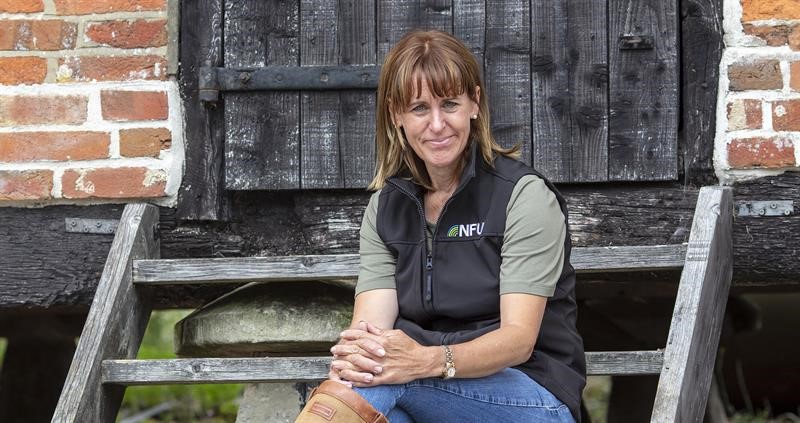The NFU made the complaint after the programme broadcast last November and escalated it to Ofcom when the BBC failed to provide a timely response.
NFU President Minette Batters said: “Today’s result, while a long time coming, provides true vindication on the points we made about what we believed to be lack of impartiality in this programme. British farmers are rightly proud of the work they do to rear quality livestock and care for the environment, and they were angry and hurt by the false impression of UK livestock farming the programme created for the viewer at home.
“In Britain we have some of the most climate-friendly systems of food production in the world. Emissions from UK beef production are already half that of the global average and our farmers are working to become net zero by 2040.
“UK grass-based systems are incomparable with the intensive feedlot style systems shown on the programme, and it is fantastic to see that being recognised today.”
NFU director of communications Fran Barnes said: “It was clear when the programme was broadcast that it fell short of the BBC’s guidelines concerning impartiality. We believed at the time that the programme was created to push a specific viewpoint.
“It has also been incredibly frustrating that it has taken 10 months for the BBC to acknowledge this and to apologise, and that we have had to escalate this complaint to Ofcom in the absence of a timely response from the BBC.
“While we acknowledge the apology, we would like the BBC to go further and commit to redressing the balance in future programming to ensure this doesn’t happen again.
“All farmers want is fair coverage of food and farming and an end to the demonisation of some sectors of productive agriculture, particularly livestock.”
More information
The BBC ruled that viewers only received ‘a partial analysis of the impact of livestock farming on the global environment and biodiversity, based almost exclusively on intensive farming methods’ and that ‘the relative environmental impact of non-intensive systems of livestock farming was an important consideration for viewers when assessing the environmental impact of meat production globally, and when considering what the invitation to reduce or eliminate meat consumption might mean in the UK context.’
